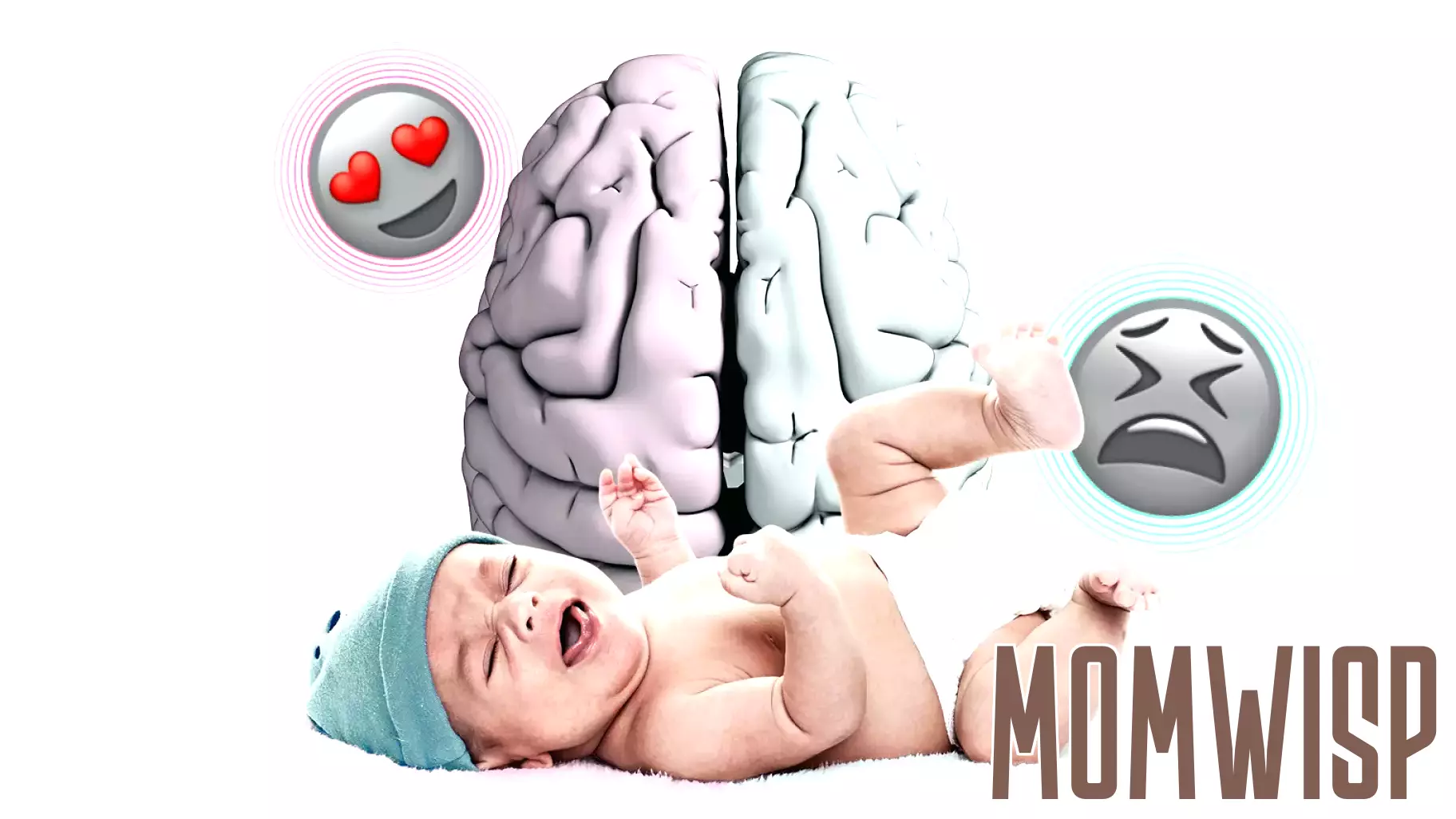February 17, 2025 - 13:01

The phenomenon known as "baby brain" is gaining scientific attention, revealing that becoming a parent can lead to significant changes in brain structure and function. Recent studies indicate that the experience of raising children may physically alter the brain's grey matter, with implications for both mothers and fathers.
These changes are not merely a consequence of sleepless nights or the stress of parenting; they may also enhance certain cognitive abilities. For instance, parents often exhibit improved emotional regulation and heightened empathy, skills that are crucial for nurturing and supporting their children. The brain adapts to the demands of parenthood, potentially leading to increased resilience and a stronger bond between parents and their offspring.
Moreover, the brain's plasticity allows it to evolve in response to new experiences and responsibilities. While the challenges of parenting can be overwhelming, the positive transformations in brain function suggest that these experiences can also lead to personal growth and development. As research continues, the understanding of how parenthood reshapes the brain will deepen, shedding light on the intricate relationship between parenting and cognitive health.



